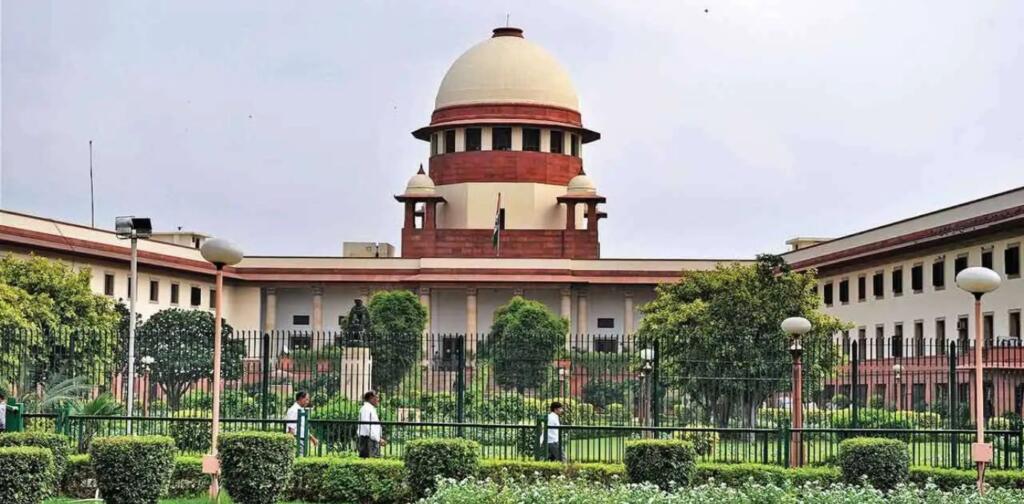The Supreme Court made clear on Thursday that laws aimed at women’s welfare cannot be used as instruments of harassment, intimidation, or extortion against husbands. The apex court said that the intent behind the law of maintenance is not to equate the financial status of former spouses but to provide for a reasonable standard of living for the dependent woman.
In the case of a techie, Atul Subhas, it is alleged that his estranged wife and her family demanded an initial ₹2 lakh per month for maintenance. As per reports, she later demanded ₹3 crore to settle ‘false cases’.
Also read: This Week in Focus: These Steps Are Necessary To Avoid Another Atul Subhash Tragedy
A bench of Justices BV Nagarathna and Pankaj Mitha held that a divorced husband cannot be perpetually liable to support his ex-wife just because he is financially well-off. The court also pointed out that a Hindu marriage is a sacred institution and the basis of a family and should not be considered a “commercial venture.”
The court also said, “The women need to be cautious about the fact that these strict provisions of law in their hands are beneficial legislation for their welfare and not means to chastise, threaten, domineer, or extort from their husbands.”
The comments were made when the court pronounced the marriage between an estranged couple as having irretrievably broken down. It further ordered permanent alimony of ₹12 crore to be paid to his former wife within a month, for this was to be her full and final settlement of her claims.
The estranged husband, she argued, had net worth of ₹5,000 crore with various businesses and properties in India and the US. She had also mentioned that he had paid ₹500 crore to his first wife after separation, excluding a house in Virginia.
The court remarked that in fixing alimony, it must consider not only the husband’s income but also other factors, including the wife’s income, her reasonable needs, her residential rights, and similar considerations.
“We have serious reservations with the tendency of parties seeking maintenance or alimony as an equalization of wealth with the other party. It is often seen that parties in their application for maintenance or alimony highlight the assets, status, and income of their spouse and then ask for an amount that can equal their wealth to that of the spouse,” the honourable Supreme Court observed.
The bench further questioned whether a wife would seek equalization of wealth if her husband faced financial ruin post-separation, remarking, “We wonder, would the wife be willing to seek equalization of wealth with the husband if, due to some unfortunate events post-separation, he has been rendered a pauper?”
The court also presented cases where criminal complaints of serious offenses had been used as bargaining chips by some wives and their families, mainly to force their husbands to meet significant financial demands.
In this particular case, the court decided not only to dissolve the marriage but also to quash the criminal cases lodged by the wife against her husband, whom she was separating from.
